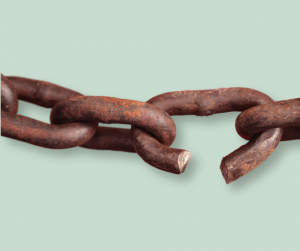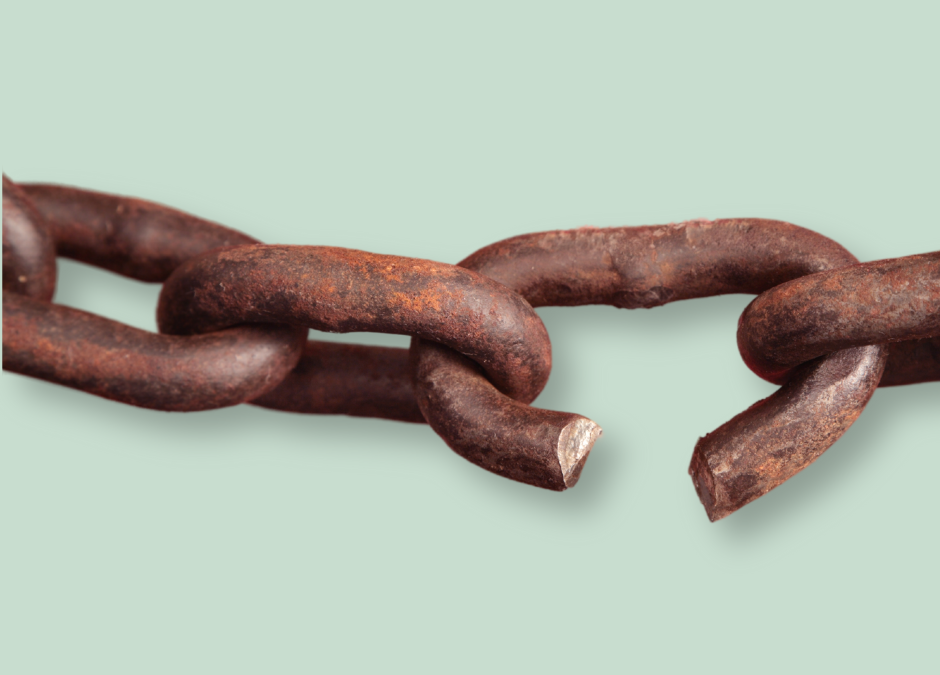As Lent approaches, many people consider fasting or giving up on coffee, alcohol or chocolate. I find myself reminded of Isaiah 58:6-7.

“Is not this the kind of fasting I have chosen:
to loose the chains of injustice
and untie the cords of the yoke,
to set the oppressed free
and break every yoke?
Is it not to share your food with the hungry
and to provide the poor wanderer with shelter—
when you see the naked, to clothe them,
and not to turn away from your own flesh and blood?
The injustice of poverty is one the most shocking indictments of modern society. Poverty is not inevitable but is a consequence of political and economic choices and priorities.
Recently Church and Charity leaders in the UK released a joint statement calling on politicians to make tackling poverty a priority.
In my work over the last year I have seen and heard about the ways in which poverty impacts on people in Leeds, particularly the feelings of indignity, fear and isolation which are experienced by individuals, families and entire communities.
Along with the rest of the country, poverty is on the rise, the latest data from 2022 gives estimates that there are 178,630 people in relative poverty in Leeds, with a further 138,032 in absolute poverty. Recent research from the University of Leeds also shows that the poverty gap between Leeds and the rest of the UK is widening.
Churches and other organisations across Leeds are already playing a key role in helping those who are experiencing the effects of poverty, providing food, furniture, shelter and warmth. They are helping to mitigate the very real feelings of fear and isolation. But these efforts only tackle the symptoms and not the root causes of poverty.
We join with church and charity leaders in calling on politicians of all parties to make sure that tackling poverty is at the top of the agenda so that families in Leeds are no longer forced to choose between heating and eating.
What kind of fast do you choose as we approach Lent?
Links:
Deep Poverty Report_FINAL (deep-poverty.co.uk)
Leeds Observatory – Leeds Poverty Fact Book
Church leaders issue joint call for action on poverty in 2024 (jpit.uk)
Statement from Church and Charity Leaders
We believe that poverty is a scandal, the root causes of which have been neglected by our political leaders in the UK Parliament for too long. As this new year begins, the cost of living scandal is clearly not over for the poorest people in the UK. Around the world, poverty holds too many individuals and communities back from fulfilling their potential.
But we know that poverty is not inevitable – it’s a consequence of political choices and priorities. With a General Election on the horizon, we call on our political leaders to make tackling poverty a priority. In line with our existing commitment to the UN Sustainable Development Goals, this should include setting out clear plans to eradicate extreme poverty and reduce overall poverty by at least half, in both the UK and globally by 2030.
Whilst our work to tackle poverty in the UK and around the world takes different forms, we are united in our belief that the human cost of failing to take action now is too big and too damaging to ignore. This year must mark the beginning of the end for poverty.
Inspired by our faith, we believe in a future where everyone has an equal share in the world’s resources. Where everyone has enough to eat. Where all of us are able to wake up in the morning with hope, opportunities and options for living a fulfilling life.
This year, our Churches and Christian charities are committed to putting poverty on the agenda through practical action, prophetic words and courageous campaigning. Our elected politicians need to take responsibility too. Now is the time for action.
Signed by:
Christine Allen, Executive Director of CAFOD
Bishop John Arnold, Bishop of Salford
Niall Cooper, Director of Church Action on Poverty
Revd Lynn Green, General Secretary, The Baptist Union of Great Britain
Nigel Harris, CEO of Tearfund
Revd Tessa Henry-Robinson, Moderator of General Assembly, United Reformed Church
Emma Jackson, Public Life and Social Justice Group Convener, The Church of Scotland
Revd Gill Newton and Kerry Scarlett, President and Vice-President of the Methodist Conference
Kate Nightingale, Deputy CEO, St Vincent de Paul Society
Commissioners Jenine and Maul Main, Territorial Leaders, The Salvation Army UK and Ireland
Stewart McCulloch, Chief Executive of Christians Against Poverty UK
Paul Parker, Recording Clerk, Quakers in Britain
Bishop Mike Royal, General Secretary, Churches Together in England
Right Revd Mary Stallard, Bishop of Llandaff
Most Revd Mark Strange, Bishop of Moray, Ross and Caithness, and Primus of the Scottish Episcopal Church
Patrick Watt, CEO, Christian Aid

